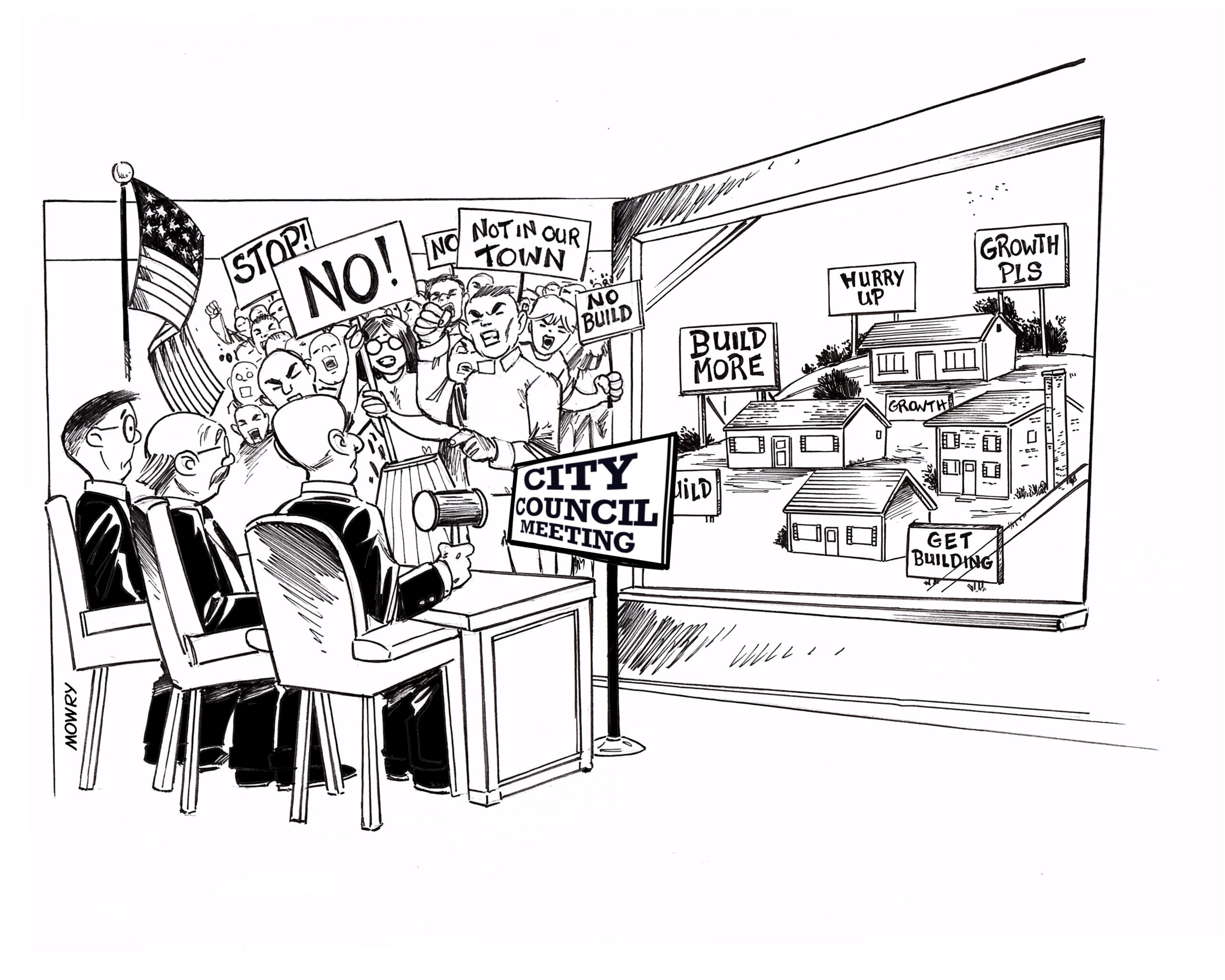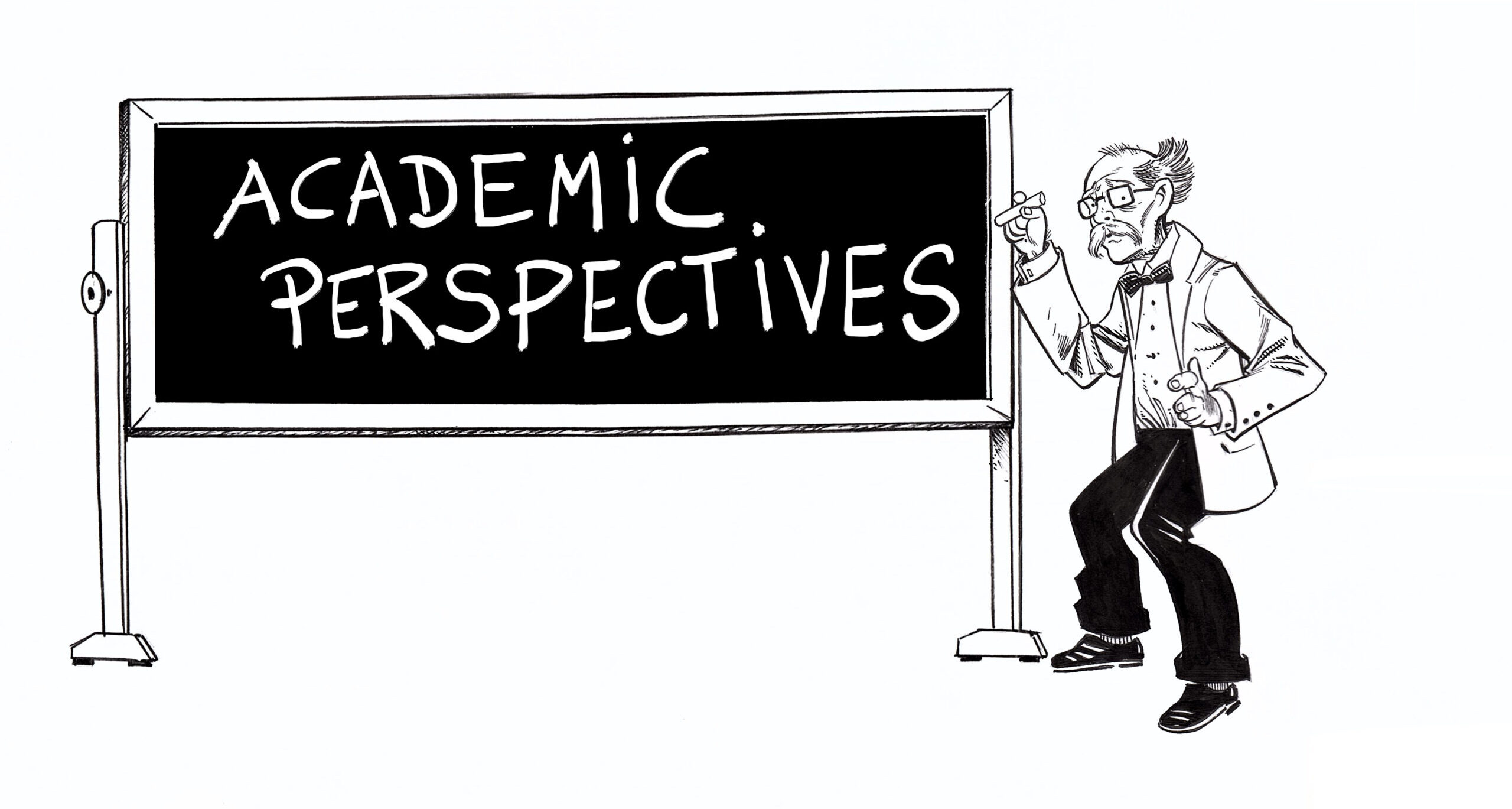Original study by Marta Almeida, Anne Stafford, Robert Scapens
As PPPs are long-term contracts, they are often characterized by project complexity and uncertainty that may be because of an exogenous event such as the global financial crisis (GFC) or the pandemic. PPPs, therefore, usually have governance arrangements in place to regulate uncertainty during crises.
This paper examines how Portuguese governance arrangements shaped the renegotiation of PPP contracts and how the renegotiation process impacted the tensions between the private partners within the PPP consortium following the GFC.
The PPP literature recognizes that renegotiation is a crucial governance mechanism for adapting PPP contracts to changing conditions, thereby ensuring their continued relevance and sustainability. At the same time however, renegotiation can create instability and the erosion of trust and cooperation between public and private partners.
Prior studies have examined the tensions between the public and private parties which can become acute during times of crisis. This paper examines an understudied aspect which complicates renegotiations, namely the intra-partnership tensions which can arise between different partners with different objectives making up the private sector consortium.



